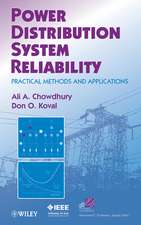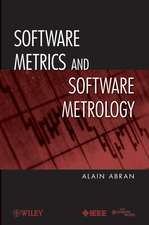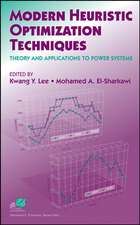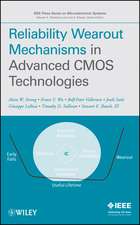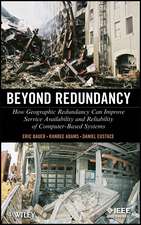Hydrogen Safety for Energy Applications: Engineering Design, Risk Assessment, and Codes and Standards
Editat de Alexei Kotchourko, Thomas Jordanen Limba Engleză Paperback – 25 mar 2022
- Provides factual material, such as models, correlations, tables, nomograms and formulas that can be used to perform evaluations and propose mitigation measures
- Presents reference data and detailed descriptions and guidelines for contemporary risk assessment methodologies
- Covers accident phenomena and consequences of accidents specific to hydrogen systems in a widely and applicable way for a wide variety of hydrogen activities
Preț: 914.80 lei
Preț vechi: 1197.09 lei
-24% Nou
Puncte Express: 1372
Preț estimativ în valută:
175.04€ • 182.78$ • 144.55£
175.04€ • 182.78$ • 144.55£
Carte tipărită la comandă
Livrare economică 08-22 aprilie
Preluare comenzi: 021 569.72.76
Specificații
ISBN-13: 9780128204924
ISBN-10: 0128204923
Pagini: 420
Ilustrații: Approx. 400 illustrations
Dimensiuni: 191 x 235 mm
Greutate: 0.72 kg
Editura: ELSEVIER SCIENCE
ISBN-10: 0128204923
Pagini: 420
Ilustrații: Approx. 400 illustrations
Dimensiuni: 191 x 235 mm
Greutate: 0.72 kg
Editura: ELSEVIER SCIENCE
Public țintă
The proposed book outline indicates a highly technical content focused on hydrogen, hydrogen-involved equipment, and potential hydrogen reactions. This content seems appropriately targeted towards an engineering audience with advanced knowledge of related gaseous systems. Engineers engaged in developing safety regulations and permitting, those involved in designing industrial systems or hydrogen-related products, and those with responsibilities in risk management and mitigation seem a likely primary target for the proposed book. The proposed book would also find an audience in academia as an educational material for graduate- or higher-level engineering students, and perhaps to a lesser extent in related fields such as chemistry, physics, or in technically oriented policy or regulatory studies.Cuprins
1. Hydrogen fundamentals
2. Hydrogen Technologies
3. Phenomena Relevant to Accidents
4. Accidental Consequences
5. Risk Assessment
6. Safety measures / Safety barriers
7. Legal Requirements, Standards, and other Codes
2. Hydrogen Technologies
3. Phenomena Relevant to Accidents
4. Accidental Consequences
5. Risk Assessment
6. Safety measures / Safety barriers
7. Legal Requirements, Standards, and other Codes





